Find out whether you should head to the bathroom after the bedroom
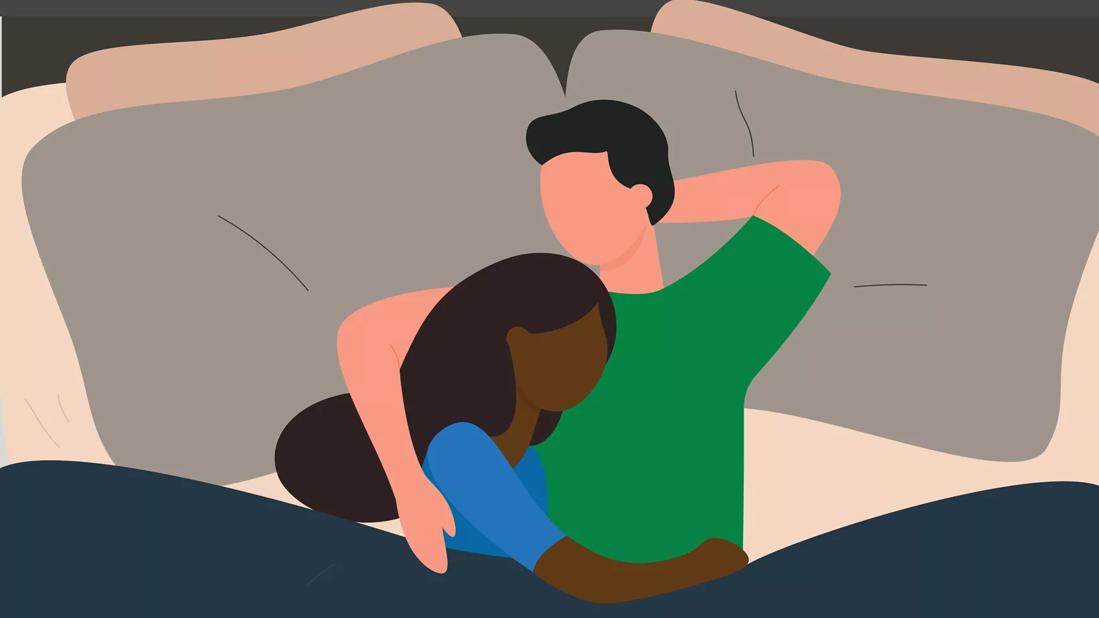
Have well-meaning friends told you that you should always pee after sex? Are you wondering if this advice holds any water?
Advertisement
Cleveland Clinic is a non-profit academic medical center. Advertising on our site helps support our mission. We do not endorse non-Cleveland Clinic products or services. Policy
Ob/Gyn Salena Zanotti, MD, explains the logic and possible benefits of peeing after sex.
Pee is the power washer for the urethra (a tube where pee comes out of your body). If you pee after sex, germs in your urethra get the flush before they can cause a urinary tract infection (UTI).
“When you urinate, anything that was trying to get to the bladder gets pushed out with the urine,” explains Dr. Zanotti. “Studies have not proven that urinating always reduces the risk of UTIs, but many women find it helpful.”
If you tend to get UTIs after sex, you’re not alone — this happens to lots of women. The reason? Friction from sexual activity can spread bacteria. These germs can spread from oral, vaginal or anal sex.
“Many kinds of bacteria are harmless on the skin or in the anus,” says Dr. Zanotti. “But during sex, these germs can spread to your urinary tract and eventually cause a UTI.”
Women are more prone to UTIs than men simply because of their anatomy. In females, the urethra — the tube where urine comes out — is shorter and closer to the anus than in males. That makes it easier for germs to reach your urethra and travel into your bladder.
Try to urinate within 30 minutes after sex. If you wait much longer, bacteria has a better chance of making it into your bladder.
Advertisement
There’s no harm in males peeing after sex, but there’s not as much benefit. A male’s urethra is longer than a female’s, so they don’t usually get post-sex UTIs. Common causes of UTIs in men include kidney stones and an enlarged prostate.
Peeing after sex has some possible benefits, but it’s not a miracle worker — especially if you’re concerned about pregnancy or sexually transmitted infections (STIs).
If you’re trying to prevent pregnancy, peeing can’t help you. Use a proven form of birth control like latex condoms or oral contraceptives (birth control pills). If you’re not sure which birth control to use, ask your ob/gyn.
Peeing after sex also won’t hurt your chances if you’re trying to conceive, either. Pregnancy requires sperm to travel up the vagina to the fallopian tubes. The vagina is separate from the urethra, so peeing won’t remove any baby-making sperm from your vagina.
It doesn’t. Just like peeing after sex doesn’t prevent pregnancy, peeing won’t stop an STI. To reduce your risk of STIs, use latex condoms.
Some people notice a burning feeling when they urinate after sex. That sensation doesn’t always mean you have a UTI. You may have irritation on the outside of your body or in your vagina.
“Vaginal irritation can feel like a UTI because it can cause burning and urgency with urinating,” explains Dr. Zanotti. “If the burning or urgency goes away after a day or two, it was probably irritation. But if the symptoms last more than two days after you had sex, contact your doctor.”
If you experience irritation after sex, avoid:
We all have to pee eventually anyway, so urinating after sex won’t hurt — and it could help. But if you’re peeing after sex and still getting UTIs, don’t ignore them. Talk to your healthcare provider about prevention and treatment options so you can stay healthy.
Advertisement
Learn more about our editorial process.
Advertisement

Urine can contain bacteria, viruses and more — don’t drink it or use it to clean wounds

Don’t ‘go with the flow’ if you have issues with urge incontinence or a contagious infection

Going seven times a day is average, but more or less can be OK, too, as long as you’re not experiencing drastic changes

Pee is usually odorless, but if it’s stinky, your diet is the most likely culprit
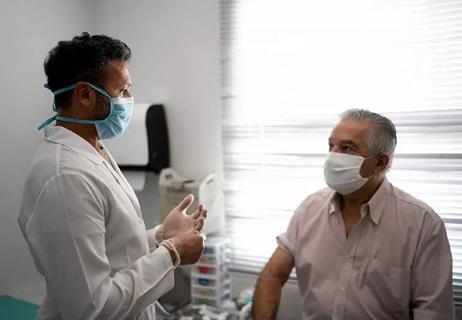
An enlarged prostate, diuretics and bladder irritants can all contribute
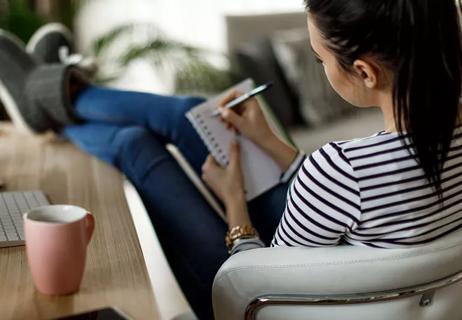
Try elevating your legs during the day and stop drinking two hours before bed
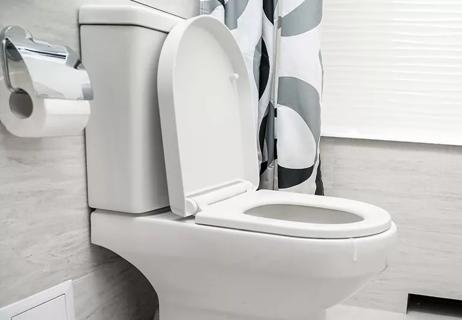
It’s completely normal for the color of your urine to vary a little day by day, but it should stay within a certain range of yellow
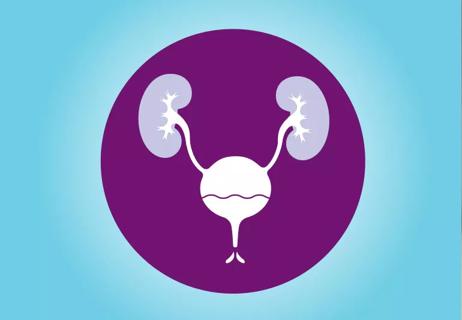
Why this strange symptom might spell double trouble

Wearing a scarf, adjusting your outdoor activities and following your asthma treatment plan can help limit breathing problems

Your diet in the weeks, days and hours ahead of your race can power you to the finish line

When someone guilt trips you, they’re using emotionally manipulative behavior to try to get you to act a certain way